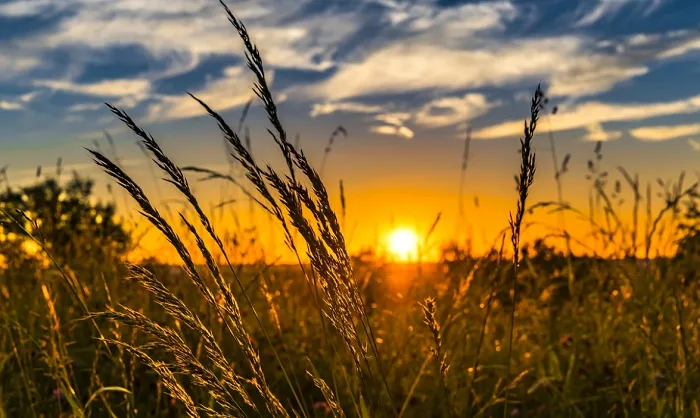
Cold weather, Hurricane Ida contribute to global nitrogen fertilizer shortage
It's too soon to tell if prices will stabolize in 2022.
In February, a bout of cold weather hit Texas, with historically low temperatures recorded in parts of the state.
Then, in August, Hurricane Ida made landfall in Louisiana as a Category 4 storm, interrupting processing plants.
That has contributed to a global shortage of nitrogen fertilizer, worsened by surging demand for natural gas in Europe, a key production component, Reuters reports.
Speaking with AG Week (AG), Josh Linville, director of fertilizer for Stone X Financial, said other issues are exacerbating the shortage, some related to COVID-19.
Vaccine mandates have contributed to a railcar shortage, with some workers refusing to comply, Linville said. Some trucking companies are also facing a driver shortage, while others are re-distributing their fleets to meet the demand for Amazon flatbeds.
According to Argus Media, global nitrogen fertilizer sales were $53 billion in 2020. So far, in 2021, prices have been 80 per cent higher than that.
Experts say the rising cost of fertilizer could translate into higher food prices.
Farmers typically pay up front for fertilizer supplies, with deliveries coming in throughout the season -- but the high cost is prompting some farmers to put off their purchases, which could lead to a scramble down the road.
Delaying orders until spring creates the risk of increased supply chain backlogs, industry watchers say. It could also make more work for farmers, because applying fertilizer before winter makes for less work in the spring.
There's no indication whether or not prices will fall, or continue to rise, come into 2022. Linville told AG farmers who maintain open communication with their suppliers aren't likely to run into any issues with 2022 planting, but those who wait until the last minute may have trouble securing fertilizer.
Suppliers should have a clearer picture of their inventory by January, he added.
"There's going to be a lot of people who wait and see," Daren Coppock, CEO of the Agricultural Retailers Association, based in the U.S., told Reuters.
"(But) if everybody's scrambling in the spring to get enough, somebody's corn isn't going to get covered."
Thumbnail image courtesy: Felix Mettermeier/988 Images/Pixabay
